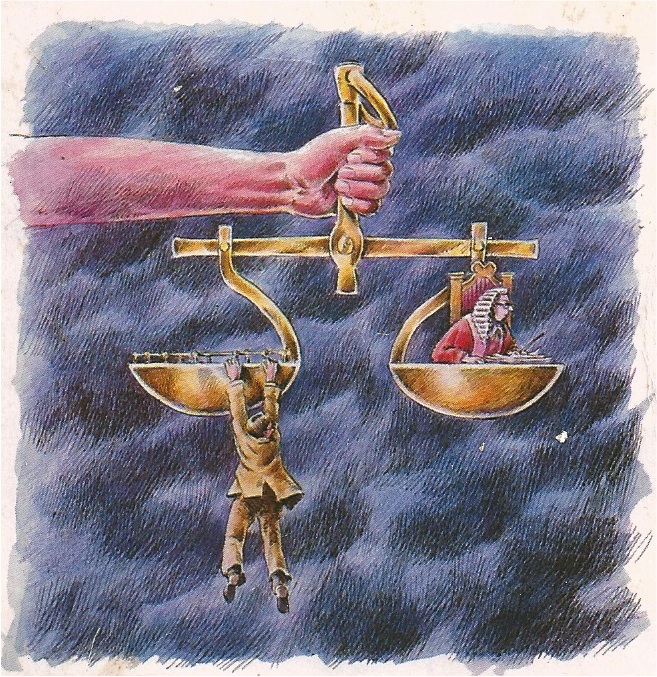The Criminal Cases Review Commission (CCRC) has for the first time overturned a conviction based on a defence of human trafficking.
In 2017, 17-year-old Vietnamese ‘Mr K’ was convicted of cannabis production at a youth court. On the advice of his lawyers, he pled guilty and was sentenced to a 12-month referral order.
An investigation by the CCRC revealed that Mr K was a victim of trafficking, allowing for a strong defence under the Modern Slavery Act 2015. Mr K’s lawyers did not inform him of this defence, nor advance the argument in court. The CCRC was therefore able to refer the case back to the courts with this new argument, and a judge at Leicester Crown Court directed a not guilty verdict.
This is the first time the CCRC have referred a case under this legislation. Helen Pitcher, the chair of the CCRC, said:
“This young man should not have been convicted of actions directly linked to being a victim of modern slavery. There is clear guidance on crimes committed by vulnerable trafficked children and victims of modern slavery, but this case shows that miscarriages of justice still happen.”
The CCRC investigation discovered that the Crown Prosecution Service had ‘clear evidence’ that Mr K was a victim of trafficking, which was available from the time of his arrest and up until his sentencing, but failed to follow their guidelines. The current guidance specifically suggests the example of a ‘foreign national child cultivating cannabis’ as a likely victim of trafficking.
The CCRC is an independent UK body, which has special powers to review alleged miscarriages of justice. It can refer cases to the appeal courts if there is a new argument or evidence that was not previously considered at trial.
Under the Modern Slavery Act 2015, someone under 18 is not guilty of an offence if that offence is a ‘direct consequence of them being a victim of slavery’, and a reasonable person in the same situation would have done the same act.







